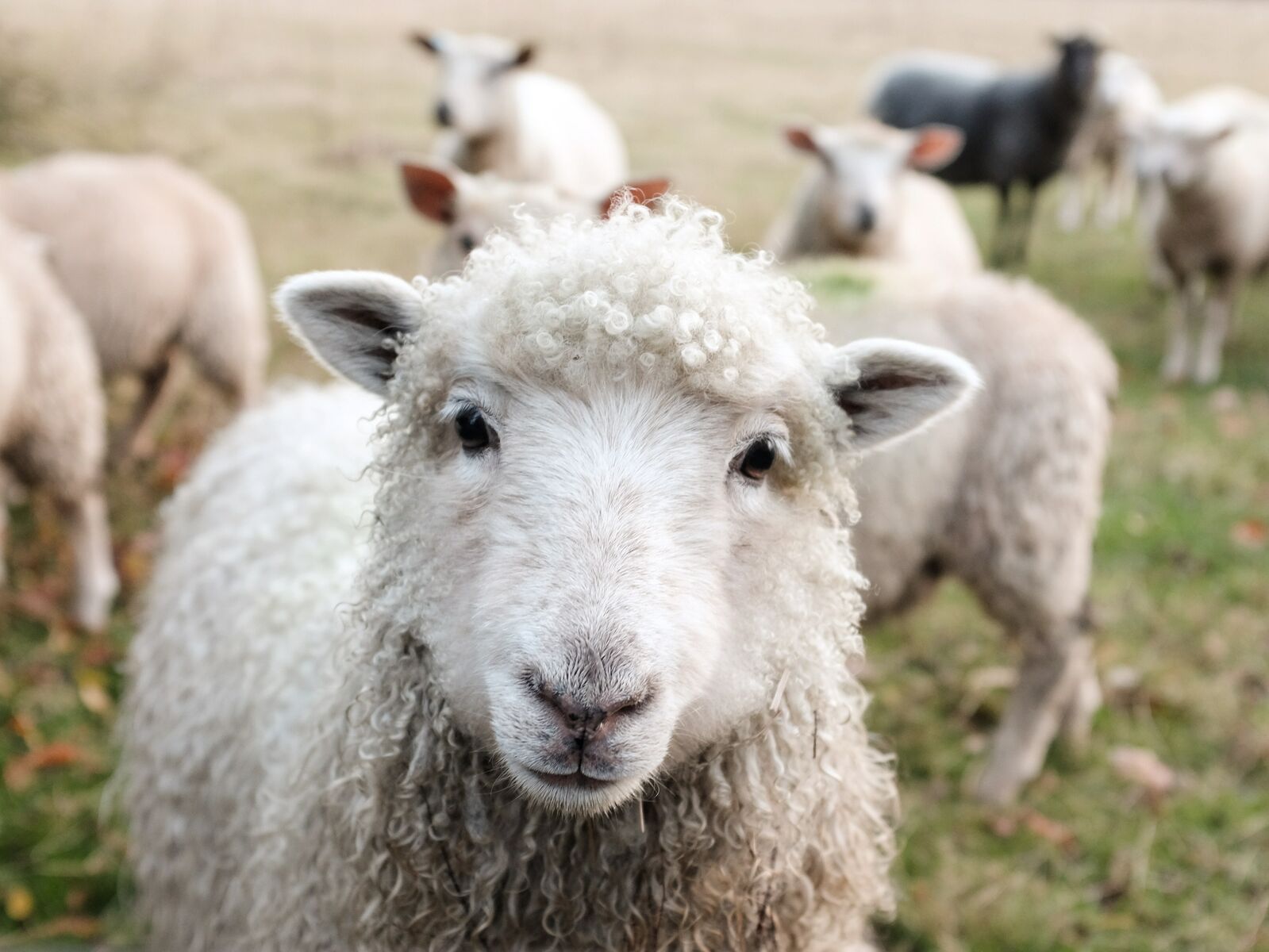New Import Rules for Animals and Animal Products Set to Enforce Stringent Standards from January 31, 2024
In a significant development that will reshape international trade practices, new import rules for animals and animal products come into force from January 31, 2024. These rules mark a decisive shift in global trade regulations, prioritizing the welfare of animals and reinforcing biosecurity measures. Let’s delve into the details of these forthcoming changes and their implications for global commerce.
International accord on stricter regulations
As the world confronts mounting concerns over animal welfare and the transmission of infectious diseases, the introduction of these new import rules signifies a global consensus on implementing stricter standards. The primary objective is to harmonize international trade while upholding the health and welfare of animals.
What is the new regulation?
- Simplified export health certificates and phytosanitary certificates for medium risk animal products and phytosanitary goods imported from the EU
- Begin sample documentary checks on medium risk goods from the EU, but there will be no new routine controls undertaken on these goods at the border, so initially there will be no charges for documentary checks or holds for inspection
- The removal of pre notification requirements for low risk plant and plant products from the EU
- Introduce pre-notification requirements for EU sanitary and phytosanitary goods that enter Great Britain via West Coast port
- The introduction of health certification on imports from the EU of high risk food and feed of non-animal origin
- The introduction of new checks and controls when moving Irish goods (i.e. any goods other than qualifying Northern Irish goods) from Irish ports directly to Great Britain
Impact on global trade
The implementation of these new import rules marks a profound shift in international trade dynamics. While challenges are expected, such as increased administrative requirements and potential delays, the regulations also present opportunities for nations to underscore their commitment to animal welfare, biosecurity and international collaboration.
For businesses involved in the trade of animals and animal products, adherence to these regulations is imperative to maintain access to global markets. The new rules underline the importance of robust quality control systems, comprehensive record-keeping and a deep understanding of biosecurity principles.
What lies ahead?
Governments, businesses and international organizations are working in tandem to introduce and adapt to these new import rules. The overarching objective is to strike a balance between facilitating international trade and safeguarding animal health and welfare.
The regulation is to drive progress in animal welfare, biosecurity and the overall safety of animal products in the realm of global trade. While they may present short-term challenges, they represent a positive shift towards a more sustainable and responsible approach to international trade in animals and animal products.
With the onset of these regulations, the world eagerly anticipates the way in which they will shape the future of global trade, ensuring a higher standard of care for animals and bolstered biosecurity for all.
How can SGS help?
In an increasingly globalized economy, customs brokerage services are a valuable asset for businesses engaged in international trade. Our professionals simplify the complexities of customs compliance, documentation and regulatory changes, allowing companies to focus on their core operations and expand their global reach. SGS e-Customs can register your shipments in import of products, animals, food and feed system (IPAFFS) as part of our comprehensive customs services. Whether you are a seasoned international trader or a business exploring new global markets, partnering with SGS can be a strategic move to streamline your operations, enhance compliance and ultimately boost your competitiveness in the world of international commerce.


